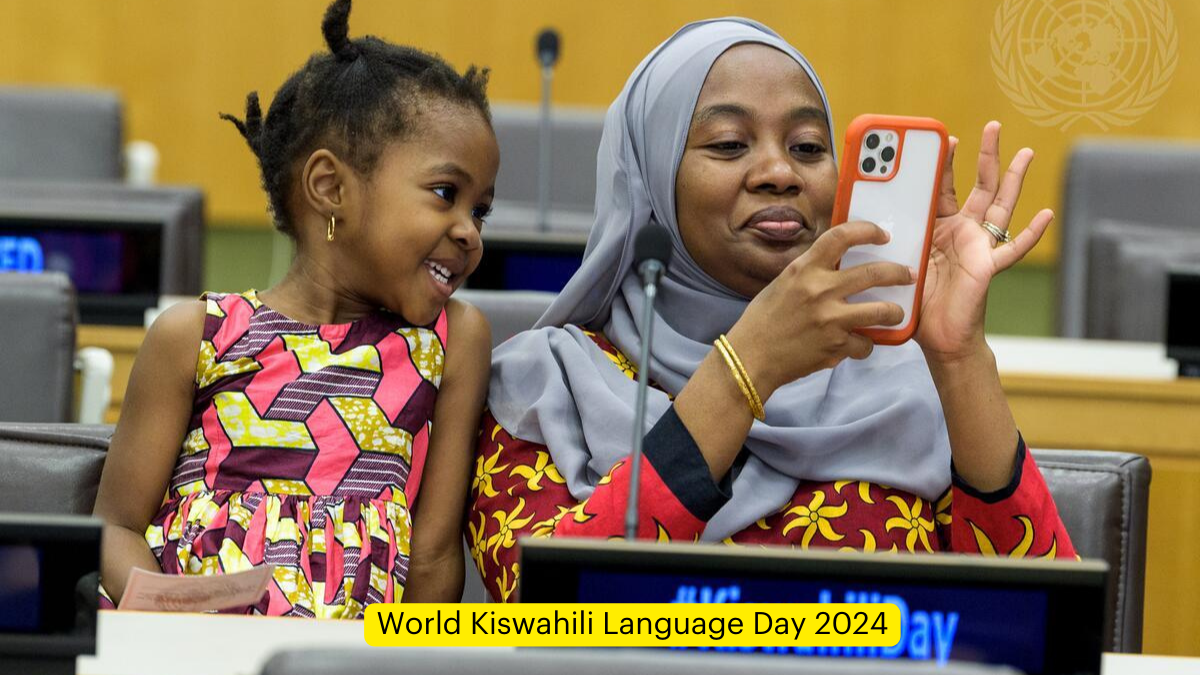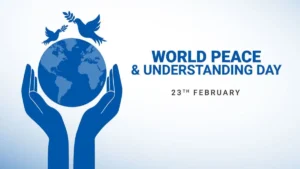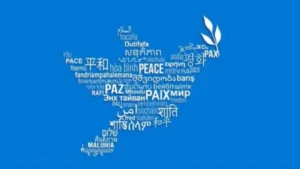On July 7th, 2024, the world will come together to celebrate the 3rd World Kiswahili Language Day at UNESCO Headquarters in Paris. This year’s theme, “Kiswahili: Education and Culture of Peace,” highlights the important role of this African language in promoting understanding and harmony across cultures.
The Significance of Kiswahili
Kiswahili, also known as Swahili, is a language of great importance in Africa and beyond:
- It is one of the most widely used languages in the African family
- Kiswahili is the most widely spoken language in sub-Saharan Africa
- With over 230 million speakers, it ranks among the top 10 most spoken languages worldwide
- The language serves as a lingua franca in many countries across East, Central, and Southern Africa, as well as parts of the Middle East
UNESCO Recognition
The United Nations Educational, Scientific and Cultural Organization (UNESCO) has recognized the significance of Kiswahili:
- In 2021, during the 41st session of the General Conference, UNESCO adopted resolution 41 C/61
- This resolution acknowledged Kiswahili’s role in:
- Promoting cultural diversity
- Creating awareness
- Fostering dialogue among civilizations
- UNESCO proclaimed July 7th of each year as World Kiswahili Language Day
- Kiswahili became the first African language to receive such recognition from the UN
The 2024 Celebration
Event Details
- Date: July 5, 2024
- Location: UNESCO Headquarters, Paris
- Theme: “Kiswahili: Education and Culture of Peace”
- Chair: Permanent Delegation of the Democratic Republic of Congo
Importance of the Theme
The chosen theme for 2024 emphasizes two critical aspects:
- Education: Kiswahili plays a vital role in education across Africa and beyond. Many schools use it as a medium of instruction, and it is taught in universities and colleges worldwide.
- Culture of Peace: The language serves as a bridge between diverse communities, fostering understanding and promoting peaceful coexistence.
Kiswahili’s Global Reach
Academic Presence
Kiswahili has gained prominence in academic circles around the world:
- It is taught in major universities and colleges globally
- Research on Kiswahili literature, linguistics, and culture is conducted internationally
Cultural Impact
The language has influenced various aspects of global culture:
- Literature: Many renowned authors write in Kiswahili
- Music: Kiswahili lyrics feature in popular songs worldwide
- Film and Television: Productions in Kiswahili reach international audiences
Promoting Multilingualism
UNESCO’s recognition of Kiswahili aligns with broader goals:
- Promoting multilingualism as a core value of the United Nations
- Encouraging harmonious communication between peoples
- Fostering unity in diversity
- Enhancing international understanding, tolerance, and dialogue
The Future of Kiswahili
As World Kiswahili Language Day continues to gain recognition, the language’s influence is expected to grow:
- Increased interest in learning Kiswahili as a second or third language
- Expansion of Kiswahili literature and media
- Greater use in international forums and diplomacy
Important Takeaways for all competitive exams:
- UNESCO Head: Audrey Azoulay;
- UNESCO Founded: 16 November 1945, London, United Kingdom;
- UNESCO Headquarters: Paris, France.




 World Peace and Understanding Day 2026: ...
World Peace and Understanding Day 2026: ...
 International Mother Language Day 2026: ...
International Mother Language Day 2026: ...
 Arunachal Pradesh Foundation Day 2026: P...
Arunachal Pradesh Foundation Day 2026: P...








